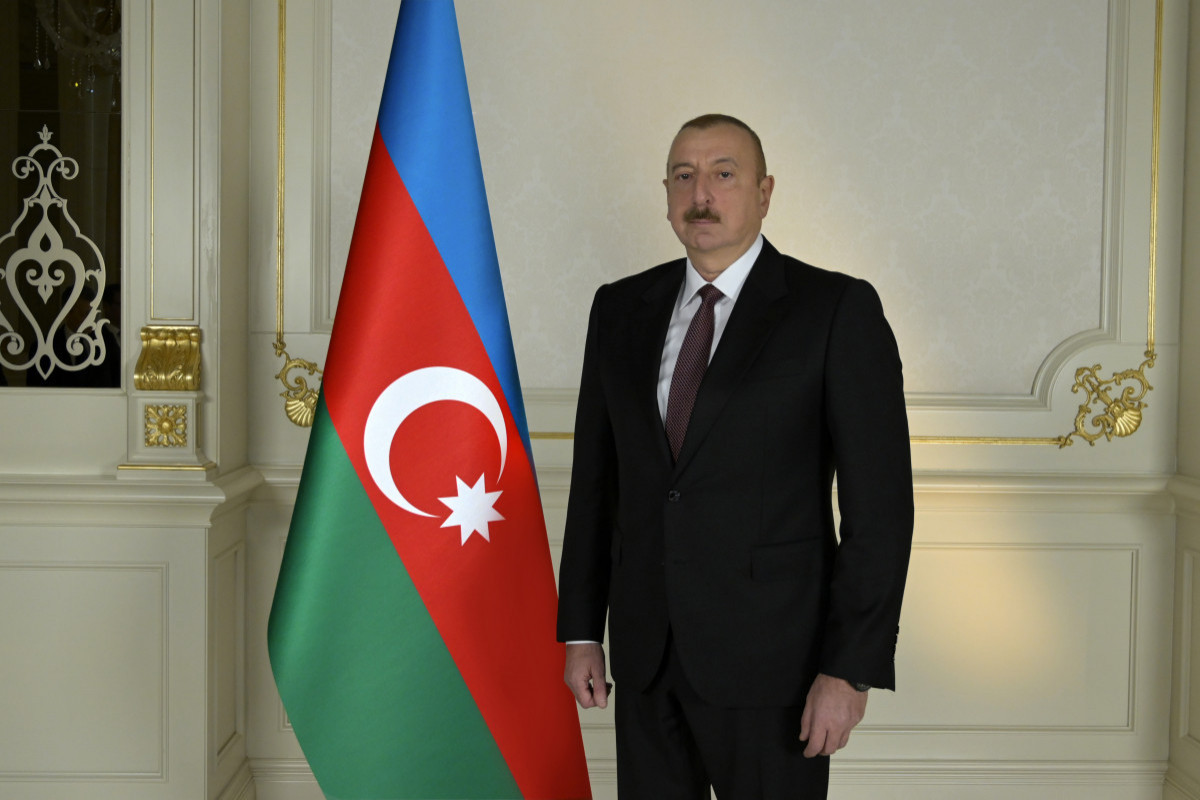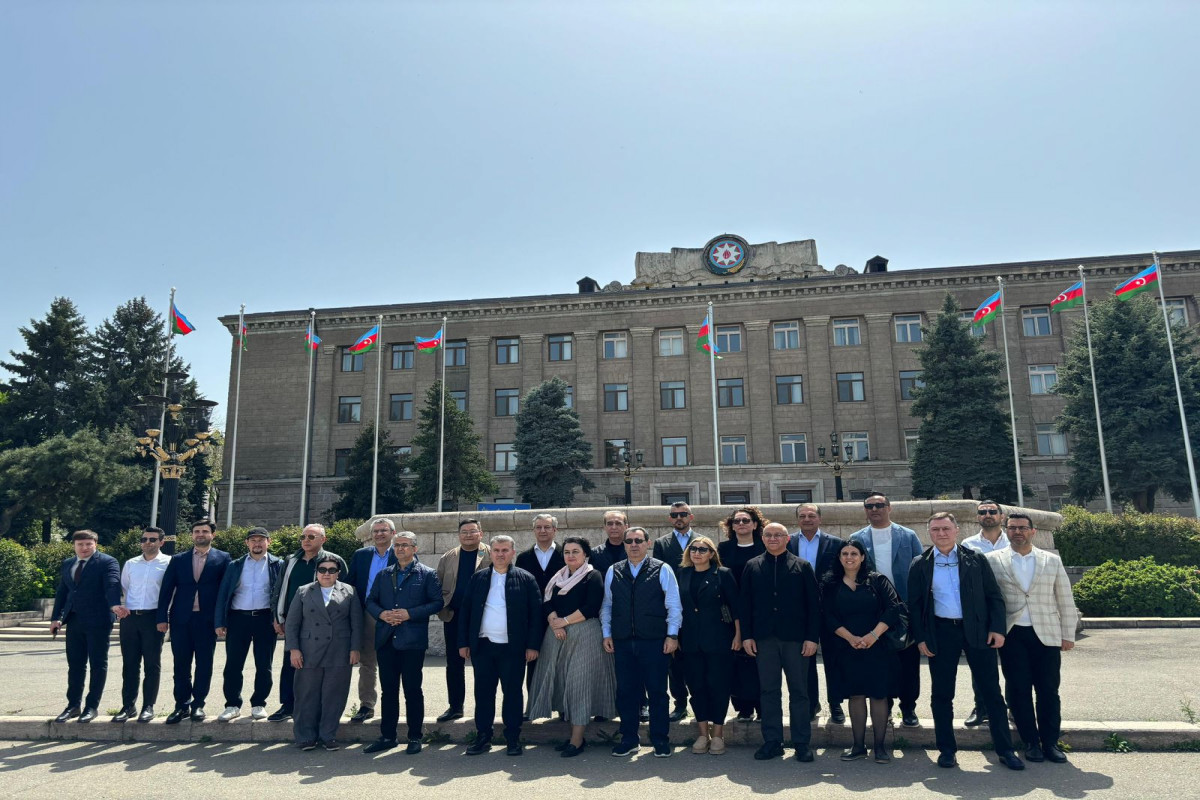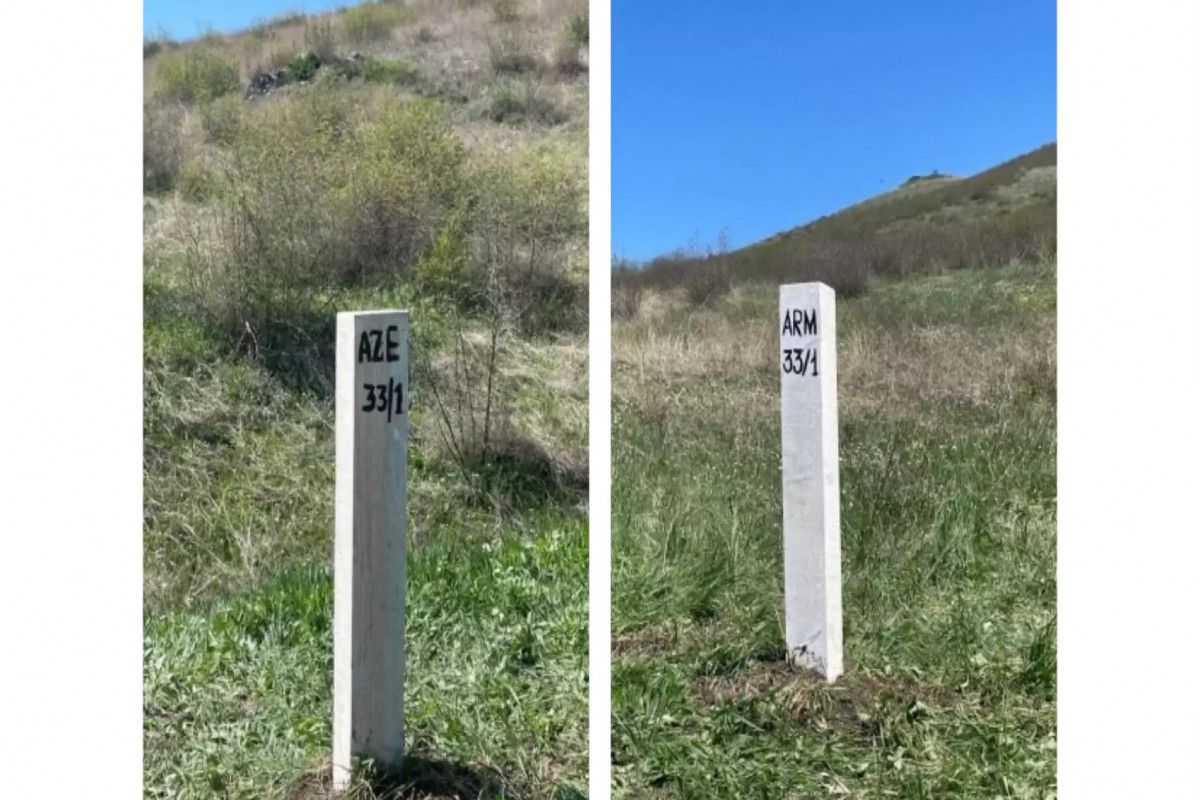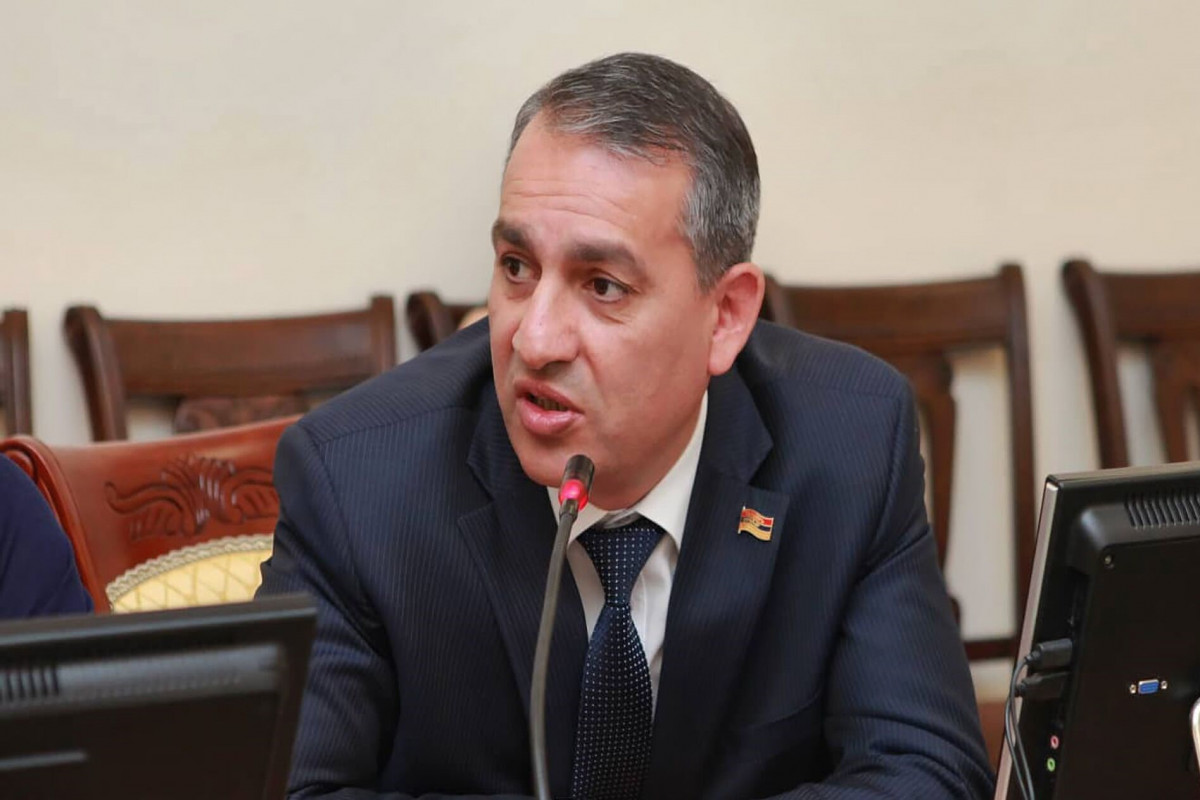Interview of Sven Sester, Chairman of Estonia-Azerbaijan Interparliamentary working group to APA.
- How would you evaluate relations between Estonia and Azerbaijan? And more specifically, what can you say about inter-parliamentary relations between these countries?
- Bilateral relations between Estonia and Azerbaijan have traditionally been good, but there is potential for more. We have made progress in enhancing political cooperation through high-level meetings during the recent years on a government level. Several ministers have visited Azerbaijan. We have also established very good contacts between our Parliaments. The Chairman of the Estonia-Azerbaijan parliamentary group of the last Riigikogu (Parliament) Mikhail Korb took part in the centenary celebrations of the Azerbaijan parliament in 2018. The previous Vice-President of the Riigikogu (Parliament) Kalle Laanet took part the 6th Baku International Humanitarian Forum held in Azerbaijan on 25–26 October 2018. He had very good meetings with the Speaker Ogtay Asadov, Minister of Foreign Affairs Elmar Mammadyarov, and the Minister of Transport, Communications and High Technologies Ramin Guluzade. We hope to take contacts further and find new ways of cooperation between our countries.
- Mr. Sester, you have worked as Minister of Finance and you are also Chairman of Economic Affairs Committee of the Riigikogu (Parliament), what can you say about economic ties between two countries? In which areas there is room, potential for much deeper cooperation?
- Sadly, Estonia – Azerbaijan trade turnover is not very big. Trade has only been around 4 MEUR in recent years, but we both have interest in developing it. ICT cooperation has a lot of potential. Good contacts have developed already and given Estonia’s excellent ICT profile around the world, I am sure new possibilities can be found. I think promoting tourism has plenty of space for growth. In addition, mediating start-ups and the concept of free transport is worth exploring further.
- In order to increase cooperation between two countries what kind of measures can be taken?
- The governments periodically convene the Intergovernmental Commission to discuss bilateral cooperation to promote trade and investment. Next session should take place in Tallinn this year. We are happy that the parliaments are in close communication. I think relations do have more potential, and we hope for a more intense dialogue on the political, official, and economic level. In economic relations, we see a bigger potential in the field of transport and logistics. Azerbaijani exports and investments into Estonia are growing, while the pro-activeness of the Estonian entrepreneurs in the opposite direction is dwindling. Agricultural cooperation may find a new impetus. I already mentioned tourism that has potential to grow in both directions. As far as we know, “Germalo” is the first travel agency in Estonia to organize package trips to Azerbaijan.
There is good progress in sphere of education, and we should pursue it further. Representatives of Azerbaijani universities have regularly visited Tallinn and Tartu; Estonian experts have participated in reforming the Azerbaijani higher education system. Academies of science signed a cooperation agreement in 2016. There are contacts between maritime academies and there is smooth cooperation between the Azerbaijan Diplomatic Academy and Tallinn University of Technology. Not to mention the scholarship programs for Azerbaijani students to study at the master’s level in Estonian universities. Cooperation in the education field is an excellent tool to boost people-to-people contacts and grow understanding between our countries.
- This year Eastern Partnership, which is a part of European Neighborhood policy, celebrates its tenth anniversary and Estonia is among EU Member States that actively supports this project. How would you assess this project and its implementation during these years? Estonia, a member state of EU, how can support integration of these partner countries in EU institutions?
- Estonia highly appreciates cooperation with the Eastern Partnership countries and promotes the policy actively in the European Union. This year we are celebrating 10th anniversary of the Eastern Partnership and we can easily say that it has been the most successful neighborhood policy of the European Union. Together we have achieved a lot. We welcome the positive dynamics in the relations between the EU and Azerbaijan. I am very glad that the EU has agreed partnership priorities with Azerbaijan and negotiations on a new comprehensive agreement are ongoing. I very much hope the agreement will be concluded soon for the benefit of both Azerbaijan and the EU. At the last Eastern Partnership Summit in November 2017, an ambitious agenda called 20 Deliverables for 2020 was adopted – an important bridge and tool in the integration of the Eastern partner countries with the EU. Now that the new composition of the European Parliament has been instituted and the makeup of the European Commission is about to change this fall, it is good moment to decide new milestones. The Eastern Partnership is not merely a EU-format for the Eastern partners. Its more long-term aim was to facilitate the links and opportunities for cooperation between the partners themselves that would support the implementation of reforms, enhance trade and create more possibilities to face similar challenges.
Estonia's commitment to the Eastern Partnership initiative is reflected in the activities of the Estonian Centre of Eastern Partnership (ECEAP), a non-profit foundation uniquely dedicated to implementing the EU’s Eastern Partnership initiative. The Centre contributes significantly on the regional level through practical cooperation. The Center enjoys excellent cooperation with the colleagues in Azerbaijan, high officials, high-level experts, and other relevant parties have often participated at the events organized by ECEAP.
- As you know, Azerbaijan is in conflict region, twenty percent of its territories is under occupation by Armenia. What is Estonia’s position on Nagorno-Karabakh conflict?
- Estonia supports the peaceful conflict resolution under the auspices of the OSCE Minsk Group. We support the territorial integrity, independence and sovereignty of Azerbaijan; neither Estonia nor the EU has recognized Nagorno-Karabakh. The conflict does not have a military solution and we hope meaningful negotiations on the basis of the Minsk Group Co-Chairs proposals will continue.
- Estonia known as e-country because of its achievements in IT sector. What can Estonia share with Azerbaijan in terms of its experience in this area?
- There is closer cooperation in ICT sector, Estonian IT companies have been helping to develop the local mobile ID system, as well as the marine monitoring system and have participated in developing e-service centers. E-governance Academy has been sharing our e-governance experience in Azerbaijan.
The Azerbaijan e-state has taken a huge leap forwards in recent years – mobile ID as the main means of authentication has been made prevalent and this has deepened electronic records management. We also share similar vision on e-Residency.
- According to statistics, above 2000 Azerbaijanis live in Estonia, how do they contribute to Estonia, particularly in which fields?
- Although Estonians have been in Azerbaijan longer than Azerbaijanis have been in Estonia—some Estonians worked for the Nobel family firm in the 19th century and a few owned their own oil wells—the two countries and their peoples have a long history of contacts. In the 19th century, some students from Azerbaijan attended the University of Tartu, and in 1919-1920, Tallinn and Baku explored establishing diplomatic relations, but before they could do so, Soviet forces occupied Azerbaijan and suppressed that country’s independence.
By the end of the Soviet period, there were numerous Azerbaijanis in Estonia, and in 1988, they created the Odzhag Cultural Society, a group, which was founded to support the continued existence of the Azerbaijani community in Estonia and to promote cultural ties between the two countries. It was renamed in 1996 as the Azerbaijani Community of Estonia and continues to be active. Azerbaijani community members say that they are “Azerbaijani by nationality, but patriots of Estonia.”
Azerbaijanis in Estonia have become full-fledged members of Estonian society even while maintaining their national culture and links to their homeland. Azerbaijanis currently living in Estonia are very active in promoting Estonian culture in Azerbaijan as well as sharing and maintaining Azerbaijan culture in Estonia.
Azerbaijan Sunday school opened in Tallinn already in 1990, where children can study their mother tongue and learn about national culture. For example, one Azerbaijani, Eldar Efendiyev, served as mayor of Narva and Population Affairs minister and was a Member of Parliament of Estonia.
Moreover, there are now several Azerbaijani restaurants in the Estonian capital, giving Estonians insight into cuisine of Azerbaijan.







